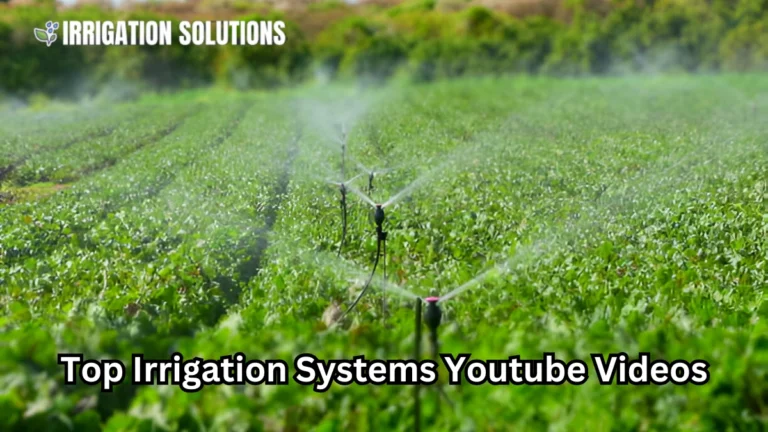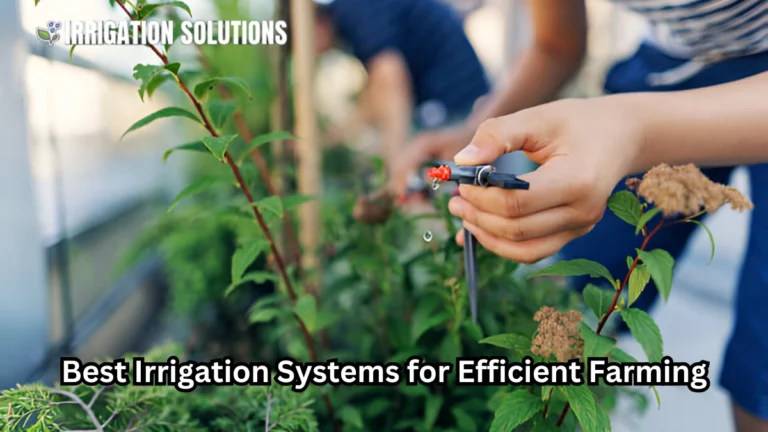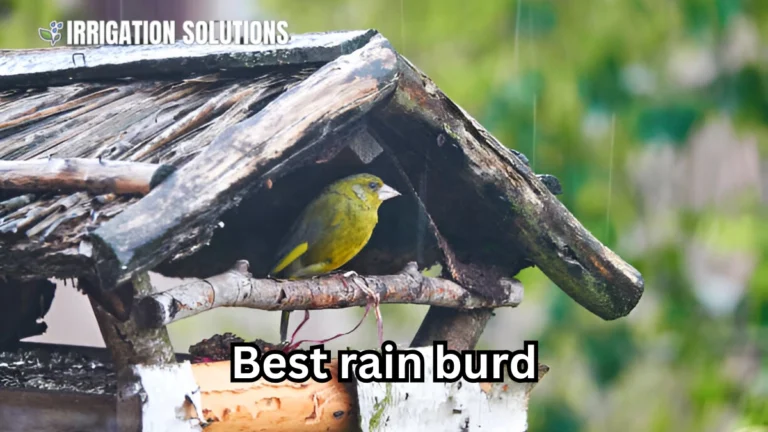best irrigation system water

When it comes to maintaining a thriving garden or a productive farm, the importance of a reliable irrigation system water cannot be overstated. Proper irrigation not only helps in maintaining plant health but also conserves water and reduces labor. In this post, we’ll explore everything you need to know about irrigation systems, from different types to their benefits, how to choose the right one, and much more.
Understanding Irrigation System Water
Before diving into the specifics of irrigation systems, let’s first understand what “irrigation water” actually refers to. Irrigation water is the water that is supplied to crops or gardens to help them grow when there is insufficient natural rainfall. It can come from various sources like rivers, lakes, underground aquifers, or even recycled water. The key to efficient irrigation is not only the type of system used but also the quality and management of water itself.
Types of Irrigation Systems
Irrigation systems come in different designs, each catering to different environmental conditions and plant needs. The choice of system depends on several factors such as the crop type, soil, climate, and water availability.
Drip Irrigation
Drip irrigation is one of the most water efficient methods available today. It works by delivering water directly to the roots of plants through a network of tubes, pipes, and emitters. This minimizes water waste and ensures that plants get the exact amount they need. It’s particularly beneficial for crops like tomatoes, cucumbers, and other vegetables.
Advantages of Drip Irrigation:
- Reduces water wastage
- Low maintenance
- Can be automated
- Reduces weed growth by targeting water directly to plant roots
- Ideal for areas with water scarcity
Sprinkler Irrigation
Sprinkler systems mimic natural rainfall. Water is sprayed through a network of pipes fitted with spray heads or nozzles. This type of irrigation is widely used for lawns, golf courses, and large agricultural fields. It can cover a large area, making it suitable for crops like corn, wheat, and rice.
Benefits of Sprinkler Irrigation:
- Covers a large area efficiently
- Suitable for different soil types
- Can be used for both small and large scale irrigation
- Can be used for applying fertilizers along with water
Surface Irrigation
Surface irrigation involves allowing water to flow over the soil surface and is commonly used in large farms. It includes methods like furrow, basin, or flood irrigation. Surface irrigation is often less expensive to install but may not be as efficient in water usage as drip or sprinkler systems.
Drawbacks of Surface Irrigation:
- Water wastage is a concern
- Requires more labor
- Can lead to soil erosion if not managed properly
Subsurface Irrigation
This type of irrigation delivers water directly to the soil beneath the surface. It involves installing a system of tubes or pipes underground that allow water to seep into the soil. It’s highly efficient and ideal for crops that need constant moisture.
Key Benefits of Subsurface Irrigation:
- Helps reduce evaporation loss
- Prevents weed growth
- Promotes deep root development
- Minimizes water wastage
Factors to Consider When Choosing an Irrigation System
When selecting an irrigation system, several factors must be considered to ensure optimal performance. Let’s break them down:
Water Source
The availability of water plays a crucial role in determining which irrigation system will work best. For example, if you have access to a large water reservoir or well, sprinkler or drip irrigation might be a good choice. However, if water is scarce, a more efficient system like drip irrigation would be a better option to conserve resources.
Climate Conditions
Climate conditions, such as temperature and rainfall patterns, affect the water requirements of your plants. In areas with frequent rainfall, you may need to install a system that can regulate water flow based on weather patterns. In contrast, regions with long dry spells require systems that deliver a consistent amount of water.
Soil Type
Different soils absorb water at different rates. For instance, sandy soils tend to drain quickly, while clay soils retain water longer. Understanding your soil type helps in choosing the right irrigation system to avoid over or under-watering.
Crop Type
Different crops have unique water needs. Crops like corn and rice require large amounts of water, while plants like lettuce and herbs need less. Knowing the water requirements of your crops will guide you in selecting an efficient irrigation system.
Budget and Maintenance
Some systems, like drip irrigation, require a larger initial investment but are more water efficient in the long run. Other systems, such as surface irrigation, are cheaper upfront but may require more labor and maintenance. It’s important to consider both the initial cost and long term maintenance when choosing a system.
Automation and Control
Many modern irrigation systems offer automation features, allowing you to control water flow remotely or set timers for watering. This reduces the need for manual intervention and can save you time and effort.
Efficient Water Management in Irrigation Systems
To make the most of your irrigation system, it’s crucial to manage your water usage effectively. Here are a few tips:
Use Smart Irrigation Controllers
Smart controllers adjust irrigation schedules based on weather conditions. They help ensure that you’re not over-watering or under watering. These controllers can be linked to local weather stations or even smartphones for easy monitoring.
Rainwater Harvesting
Collecting and storing rainwater is an eco friendly way to supplement your irrigation needs. Rainwater harvesting systems are designed to capture and store rainwater from rooftops or other surfaces, reducing dependence on municipal water sources.
Benefits of Rainwater Harvesting:
- Reduces water bills
- Provides clean, soft water for plants
- Helps reduce stormwater runoff
Water Filtration
Water quality can have a significant impact on the health of your plants. Installing a water filtration system ensures that your irrigation system delivers clean water free from sediments, chemicals, or pollutants that could harm plants.
Case Studies: Successful Irrigation Systems in Action
Case Study 1: Drip Irrigation in a Tomato Farm
A tomato farm in California implemented a drip irrigation system to increase yields and conserve water. The farm saw a 30% reduction in water usage while increasing production by 15%. By targeting water directly to the roots, the farm was able to minimize evaporation and reduce weed growth.
Key Takeaways:
- Drip irrigation reduced water consumption significantly
- Crop yield improved with proper water delivery
- Automation led to reduced labor costs
Case Study 2: Smart Irrigation on a Golf Course
A golf course in Florida installed a smart irrigation system connected to weather sensors. The system automatically adjusts watering schedules based on rainfall and temperature, resulting in a 40% reduction in water usage.
Results:
- Significant water savings
- Healthier turf with consistent watering
- Lower operational costs
Water Conservation Tips for Irrigation Systems
Efficient irrigation isn’t just about choosing the right system it’s also about making sure you’re using water wisely. Here are some essential tips for water conservation:
- Water during the early morning or late evening to reduce evaporation.
- Adjust your watering schedule according to the weather. Use rain sensors to avoid watering when it’s raining.
- Check for leaks regularly in your system. Even small leaks can waste a significant amount of water over time.
- Use mulch around plants to retain soil moisture and reduce the need for frequent watering.
Conclusion
Whether you’re managing a small garden or a large farm, the right irrigation system can save you time, effort, and water. By understanding the different types of irrigation systems, considering your unique requirements, and implementing smart water management practices, you can ensure that your crops thrive while minimizing water wastage. Investing in efficient irrigation today will pay off in the long run with healthier plants, reduced water bills, and a more sustainable environment.
If you’re looking to install an irrigation system, consider the factors discussed in this post and choose a solution that fits your needs. Happy gardening!






